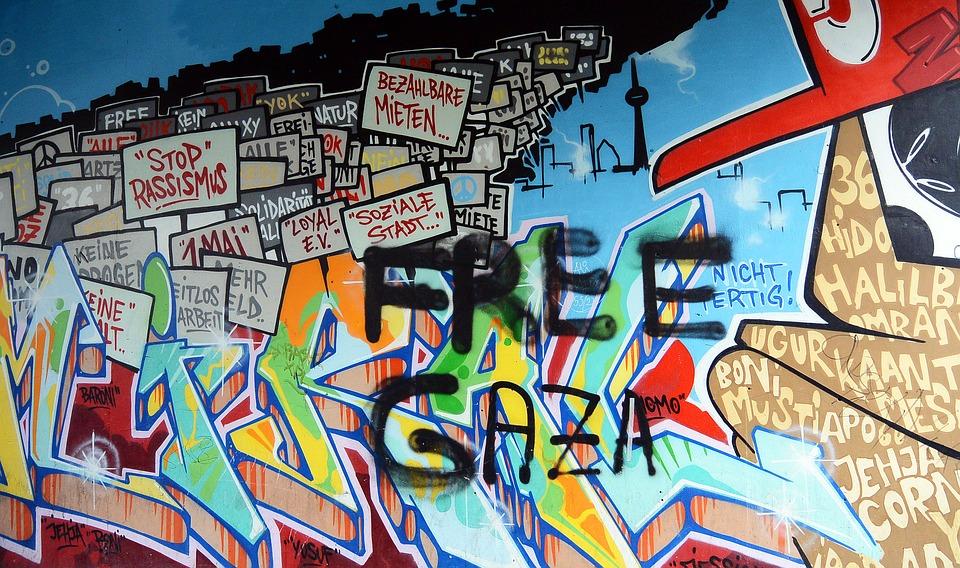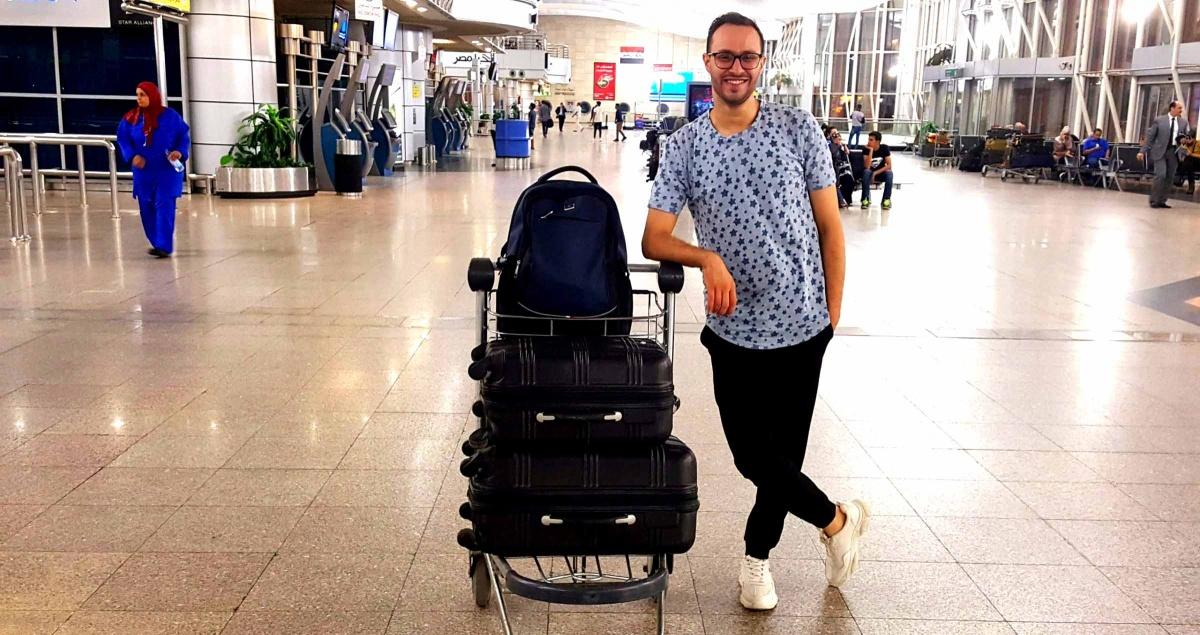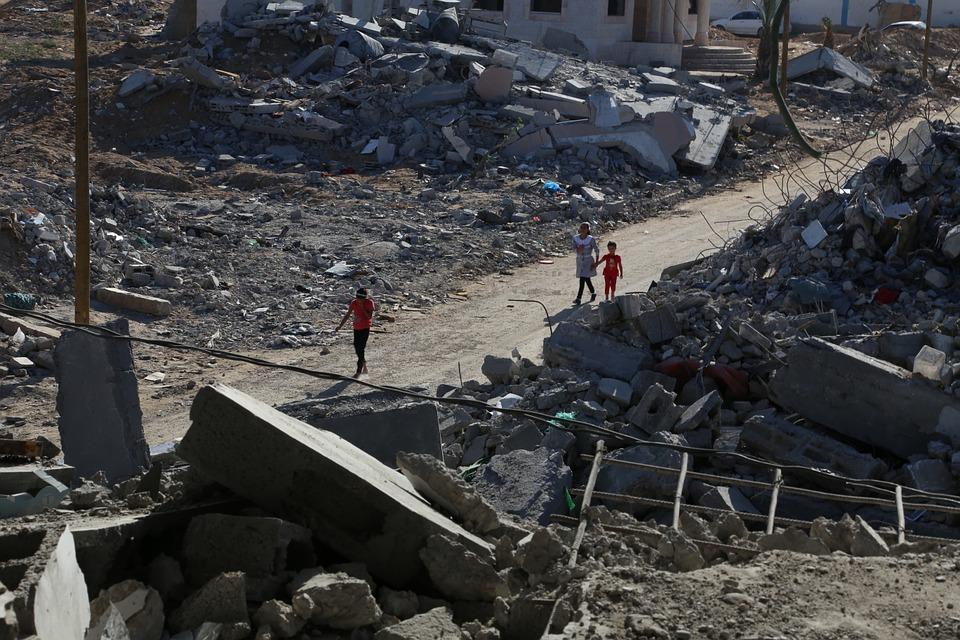These ordinary moments are a dream to me. Not because of COVID-19, but because I am a Gazan Palestinian. I left my home about one year ago. My family still lives in the biggest open-air prison in the world. Gazans have lived behind these prison bars for over a decade now, ever since the Israeli and Egyptian governments imposed their sea, air and land blockade. The world has turned a blind eye.

They have electricity for four to six hours a day and schedule their entire life around this fact. They make sure to do their work, their laundry, charge their phones and laptops and even receive guests in this short window. They cannot leave the Gaza Strip because there is no airport, and the land passages are controlled by Israel and Egypt – who rarely grant permits.
I’m sure you’re now wondering how I left Gaza? Well, I got a full scholarship to study for my masters in digital humanities and societies in Qatar. Getting there to take up my place was not easy. For several months I tried in vain, looking for connections to help me travel. I registered my name for the Rafah border crossing passenger list (Rafah crossing is the sole crossing point between Egypt and the Gaza Strip) and applied for an Israeli permit to leave through Jordan and fly to Qatar. None of it worked.

Although we always rise from our ashes, our broken and bleeding wings are not strong enough to break through the invisible bars.
I was about to lose my scholarship and could barely eat or sleep. In the end, the only choice left was to pay $1,200 as a “coordination fee” for an Egyptian tourism and travel company to get me out through the Rafah border crossing. I arrived in Qatar three weeks late for my course but was grateful to have escaped the blockade. I feel lucky and thankful that my mom had enough savings to pay for my passage. But what about the other people, especially young people, back home? Those who can’t afford it. A lot of students lose their scholarships and internships because they cannot leave. Many people cannot travel for work or even to attend work conferences. Many cancer patients lose their lives waiting for their Israeli permits or their turn on the Egyptian crossing list.
Gazans are left with two options when they leave the strip: they either stay abroad for the rest of their lives or go back to their prison (Gaza) and never leave again. Going back for regular visits is a dream. We are the birds that got to fly, Gaza’s emblematic phoenixes, and although we always rise from our ashes, our broken and bleeding wings are not strong enough to break through the invisible bars of the sky and sea of Gaza. The rate of unemployment among youth (19-29) in Gaza is 69% and 78% among youth graduates. Those still caged in Gaza study for years hoping to find a job after graduation, but they sink into depression once they graduate. Those still caged in Gaza struggle to find a job at all, let alone one related to their expertise. Most positions are underpaid, requiring six day weeks and long hours. Most youth are resilient and never lose hope and strive for work or education opportunities, while others are vulnerable enough to commit suicide.

Gaza is always mourning the death of its people, especially youth and children who die during the Israeli assaults. The scary sound of bombs still echoes in my head even though I left Gaza. My body starts to shake whenever I recall those harsh days when I used to wake up to the sound of explosions.
I always worry about my family and call them daily to make sure they’re safe. Leaving Gaza is bittersweet. It’s bitter because that means not seeing your family and friends again. It’s sweet because it gives you a break from the daily hardships there; the bombs, the dark nights, the restrictions on movement, the unemployment and exploitation, the water shortages, the medicine shortages, the lack of hope.
When I left Gaza my body became free, but my soul and heart are still imprisoned there. I don’t think they’ll be released unless the blockade is lifted.
This article was originally published by Restless Development on August 19, 2020. Written by Ali Abusheikh. Link to original article here.

